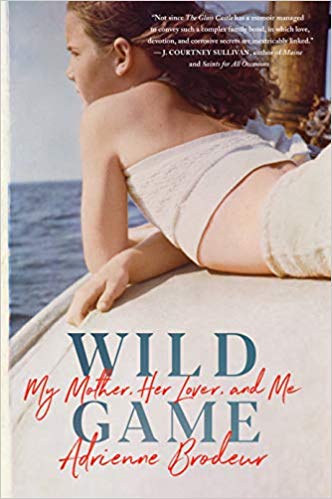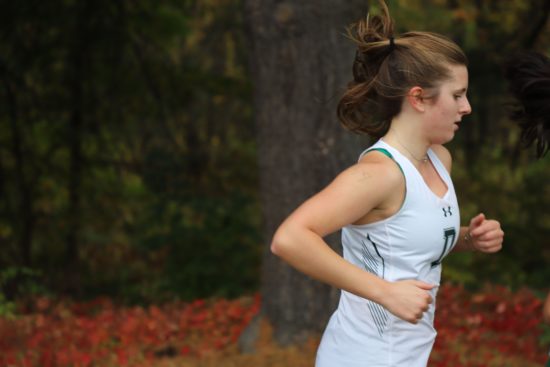For a bunch of reasons lately, I’ve been reflecting on the fact that I definitely privilege hard work and toughness. I may over-privilege it, truthfully. I’ve been thinking about Dad, one of whose strongest messages (in a litany; we have established that his is, above all, the voice that I hear in my head, the original imprimatur that guides my living, doing, and being) was that life was full of uncertainty and challenge. One thing you could count on, he taught me, was that there was a lot out of your control.
His view was probably overly cynical; I think he felt tht when things worked out that was a happy accident, and that mostly we should be prepared for challenges and switchbacks. But he was also clear that life’s unexpected detours often took us to the most beautiful vistas. His Fulbright year in Germany, for example, which happened because of the well-intentioned suggestion of a college professor, kindled a life-long passion for Europe and led to his spending a decade there with his young family.
Difficulty made life worth living. He often joked that our family motto was “never easy, never dull,” a memory that truthfully makes me squirm a little bit inside. I guess I would take that over boring, but sometimes, isn’t there value in things being easy? I told him once, at a dinner the two of us in the mid 2000s, that I wanted someone to “keep the world at bay for me” (I’d been listening to a lot of Dixie Chicks. I can still remember this facial expression upon hearing this; he shook his head, his scorn palpable. His message, though delivered slightly more gently than this, was: no daughter of Kirt Mead’s needs the world kept at bay for her.
Run into the world. Engage with the world. You can and you will.
I am intolerant of wallowing and of complaining when something can be done to change a circumstance. I think I can be overly tough on this dimension. Sometimes life calls for love that isn’t tough. I know that, and I’m working on it.
But life in the last few weeks has caused me to reflect on this important lesson of my childhood: that when things go wrong, it doesn’t mean all is lost. There may be surprising adventures to be found in these unanticipated detours and even if not, hard work will get you moving forward again. Never give up. Life was not meant to be lived in a straight line. It was never going to unfold without hiccups. That’s the way of the world. The weather is inevitable, and what matters is how you proceed through it.


